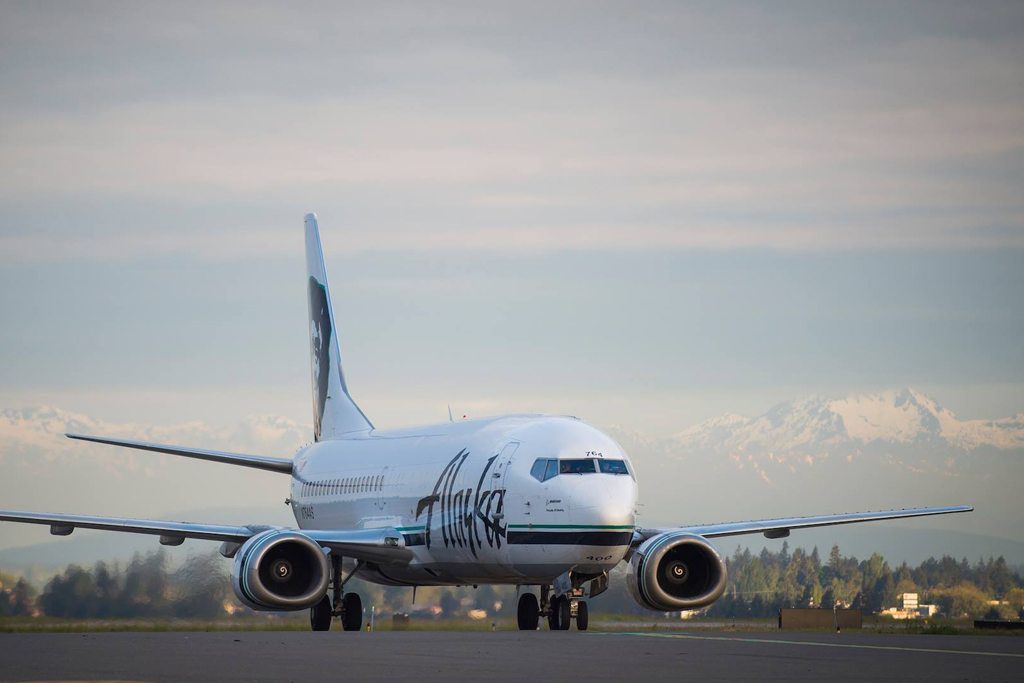Alaska Airlines Plans to Launch in 30 More Markets by 2018

Skift Take
Alaska has been so well run that we expect its early transition hiccups to be ironed out before they cause United/Continental-level disasters.
Alaska Airlines, the fifth-largest carrier in the U.S., said Wednesday it will launch in 30 more markets in the next six months.
That expansion comes on the back of launching in 20 markets in the past nine months -- plus inheriting other routes after completing its acquisition of Virgin America in December.
The Seattle-based company says its expansion is going well. Out of the 20 markets the Alaska Airlines brand launched in the last nine months, 15 are already profitable.
Chief executive Brad Tilden said on a quarterly earnings call with investors that he is "disappointed" in the "friction" that has come up in the integration with Virgin America.
But he says he does not expect the company's projections on the pace and financial benefits of the deal to change from what it has forecast before.
The two brands have moved on to a unified revenue m

